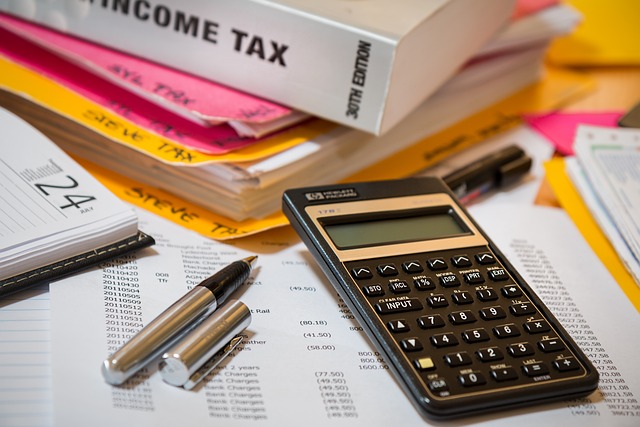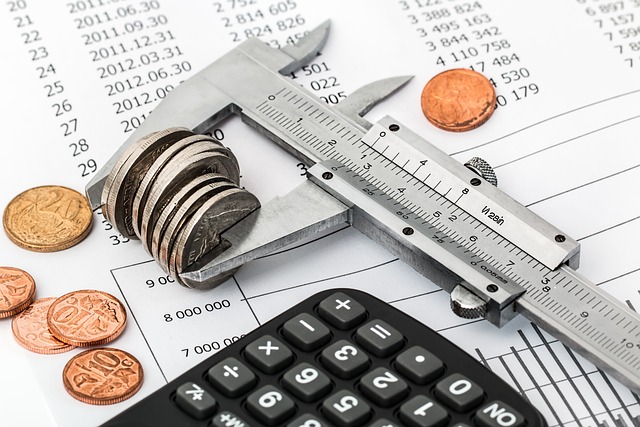Filing Taxes as an Expat in the UK: A Comprehensive Guide

Moving to a new country is an exciting adventure, but it also comes with a host of responsibilities, one of which is understanding and complying with the local tax system. For expatriates living in the United Kingdom, navigating the complexities of the UK tax system can be daunting. This article aims to provide a detailed guide on how to file taxes as an expat in the UK, covering everything from determining your tax residency status to understanding the various tax obligations and deadlines.
1. Understanding Your Tax Residency Status
The first step in filing taxes as an expat in the UK is determining your tax residency status. Your residency status will significantly impact how much tax you owe and what income is subject to UK taxation.
a. Statutory Residence Test (SRT)
The UK uses the Statutory Residence Test (SRT) to determine an individual’s tax residency status. The SRT is a detailed set of rules that consider various factors, including:
- The number of days you spend in the UK: Generally, if you spend 183 days or more in the UK during a tax year (which runs from April 6 to April 5 of the following year), you will be considered a UK tax resident.
- Your ties to the UK: These include family, accommodation, work, and previous residency in the UK. The more ties you have, the more likely you are to be considered a resident.
b. Split-Year Treatment
If you move to or from the UK during the tax year, you may be eligible for split-year treatment. This means that the tax year is divided into a UK resident part and a non-resident part, which can affect how your income is taxed.
2. Types of Income Subject to UK Taxation
As an expat, you need to be aware of the different types of income that may be subject to UK taxation. These include:
a. Employment Income
If you work in the UK, your salary, bonuses, and other employment-related income will be subject to UK income tax. Your employer will typically deduct tax through the Pay As You Earn (PAYE) system, but you may still need to file a tax return if you have additional income or deductions.
b. Self-Employment Income
If you are self-employed, you will need to report your income and expenses to HM Revenue & Customs (HMRC) and pay income tax and National Insurance contributions. You will also need to file a Self Assessment tax return.
c. Rental Income
If you own property in the UK and rent it out, the rental income is subject to UK tax. You must declare this income on your tax return and may be able to deduct certain expenses, such as mortgage interest and maintenance costs.
d. Investment Income
Income from investments, such as dividends, interest, and capital gains, may also be subject to UK tax. The tax treatment will depend on your residency status and the type of investment.
e. Overseas Income
If you are a UK tax resident, you may need to pay UK tax on your worldwide income. However, if you are a non-resident, you will only be taxed on income earned in the UK. The UK has double taxation agreements with many countries to prevent you from being taxed twice on the same income.
3. Registering for Self Assessment
If you need to file a tax return in the UK, you must register for Self Assessment with HMRC. This is typically required if you are self-employed, have rental income, or have other sources of income that are not taxed at source.
a. How to Register
You can register for Self Assessment online through the HMRC website. You will need to provide personal information, including your National Insurance number (if you have one), and details about your income.
b. Filing Your Tax Return
Once registered, you will need to file your tax return by the deadline, which is usually January 31 following the end of the tax year. You can file your tax return online or by post. Make sure to keep accurate records of your income and expenses throughout the year to make the process smoother.
4. Understanding Tax Deductions and Allowances
The UK tax system offers various deductions and allowances that can reduce your taxable income. Some of the most common ones include:
a. Personal Allowance
For the 2023/24 tax year, the personal allowance is £12,570. This means you can earn up to this amount without paying any income tax. However, if your income exceeds £100,000, your personal allowance will be reduced.
b. Marriage Allowance
If you are married or in a civil partnership, you may be able to transfer up to 10% of your personal allowance to your spouse or partner, potentially reducing your overall tax bill.
c. Pension Contributions
Contributions to a registered pension scheme are tax-deductible, up to certain limits. This can be a valuable way to reduce your taxable income while saving for retirement.
d. Charitable Donations
Donations to registered charities can be made tax-free through the Gift Aid scheme, allowing the charity to reclaim the basic rate of tax on your donation.
5. National Insurance Contributions
In addition to income tax, you may also need to pay National Insurance contributions (NICs) if you are employed or self-employed in the UK. NICs fund state benefits, including the State Pension.
a. Class 1 NICs
If you are employed, your employer will deduct Class 1 NICs from your salary. The amount you pay depends on your earnings.
b. Class 2 and Class 4 NICs
If you are self-employed, you will need to pay Class 2 NICs (a flat rate) and Class 4 NICs (a percentage of your profits).
6. Tax Deadlines and Penalties
Missing tax deadlines can result in penalties, so it’s essential to be aware of the key dates:
- January 31: Deadline for filing your Self Assessment tax return and paying any tax due for the previous tax year.
- July 31: Deadline for making your second payment on account if you are self-employed.
If you miss a deadline, you may incur penalties, which can increase the longer you delay. It’s crucial to file your tax return and pay any tax due on time to avoid these penalties.
7. Seeking Professional Help
Given the complexities of the UK tax system, many expats choose to seek professional help from a tax advisor or accountant who specializes in expat taxes. A professional can help you navigate the rules, ensure you are taking advantage of all available deductions and allowances, and avoid costly mistakes.



